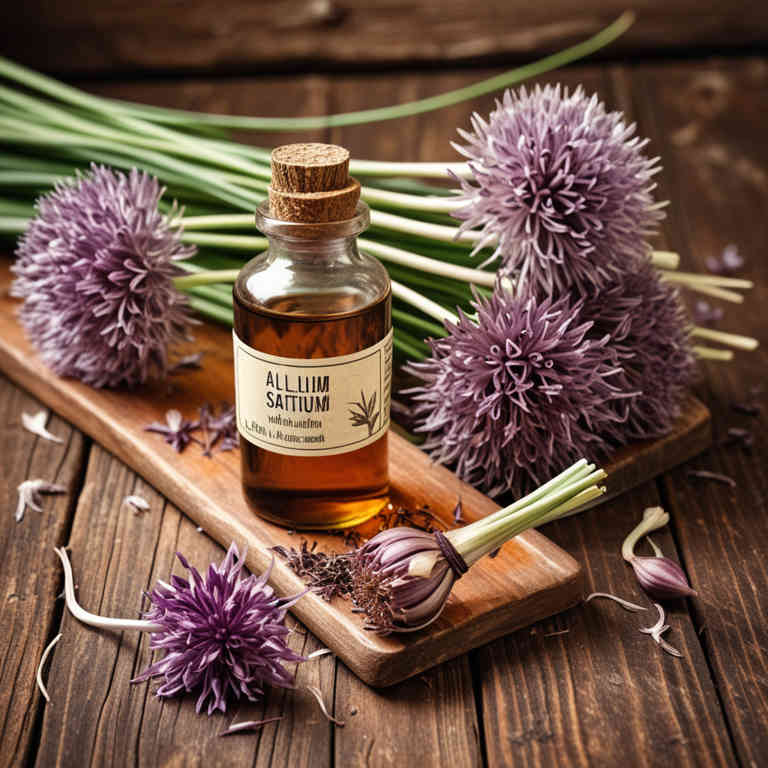Allium sativum tincture for medicinal use

Allium sativum tincture is a concentrated herbal preparation made from garlic (Allium sativum), typically extracted in alcohol to preserve its active compounds.
It is commonly used in herbalism for its antimicrobial, anti-inflammatory, and cardiovascular benefits. This tincture is often taken orally to support immune function and help manage conditions like hypertension and digestive issues. It may also be applied topically to treat skin infections or reduce inflammation.
Due to its potency, it is usually diluted before use to avoid adverse effects.
Uses
Allium sativum tincture has been used to treat a variety of health conditions across different cultures and time periods.
Historically, it was valued in ancient civilizations such as Egypt, Greece, and Rome for its antimicrobial and anti-inflammatory properties. Traditional uses included treating digestive issues, respiratory infections, and skin conditions. In modern times, it is commonly used as a natural remedy for colds, flu, and cardiovascular health due to its high concentration of allicin.
Its versatility and long-standing reputation have made it a popular choice in both herbal medicine and complementary health practices.
Benefits
Allium sativum tincture has health benefits such as improving cardiovascular health, reducing inflammation, and supporting immune function.
It is derived from garlic, which contains compounds like allicin that have potent antimicrobial and antioxidant properties. This preparation may help lower blood pressure and cholesterol levels, contributing to heart health. It also has potential anti-cancer properties due to its ability to inhibit the growth of cancer cells.
Additionally, it can aid in digestion and help manage conditions like hypertension and diabetes when used as part of a balanced health regimen.
Constituents
Allium sativum tincture active constituents include allicin, diallyl disulfide, and other sulfur-containing compounds.
These compounds are responsible for the medicinal properties of garlic. Allicin is known for its antimicrobial and anti-inflammatory effects. Diallyl disulfide contributes to the cardiovascular benefits of garlic.
These active constituents support immune function, help lower blood pressure, and may have antioxidant properties.
Preparation
To make Allium sativum tincture, begin by selecting fresh garlic cloves and washing them thoroughly.
Next, finely chop the garlic and place it in a clean glass jar. Add a high-proof alcohol, such as vodka or grain alcohol, to cover the garlic completely. Seal the jar and store it in a dark, cool place for 4 to 6 weeks, shaking it occasionally.
After the steeping period, strain the liquid through a cheesecloth or fine mesh strainer to remove the garlic particles, and store the tincture in a dark glass bottle away from light.
Side Effects
Allium sativum tincture may lead to gastrointestinal discomfort, including nausea, vomiting, and heartburn, due to its strong compounds.
It can also cause allergic reactions in some individuals, especially those with sensitivities to garlic or other Allium species. Long-term use may interfere with blood clotting and increase the risk of bleeding, particularly when combined with anticoagulant medications. Some people may experience a garlic odor on their breath or in their urine.
It is important to consult a healthcare professional before using this preparation, especially for individuals with existing health conditions or those taking other medications.